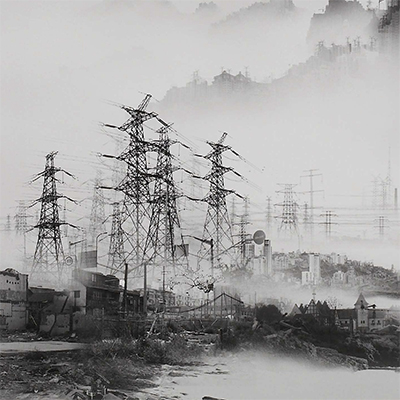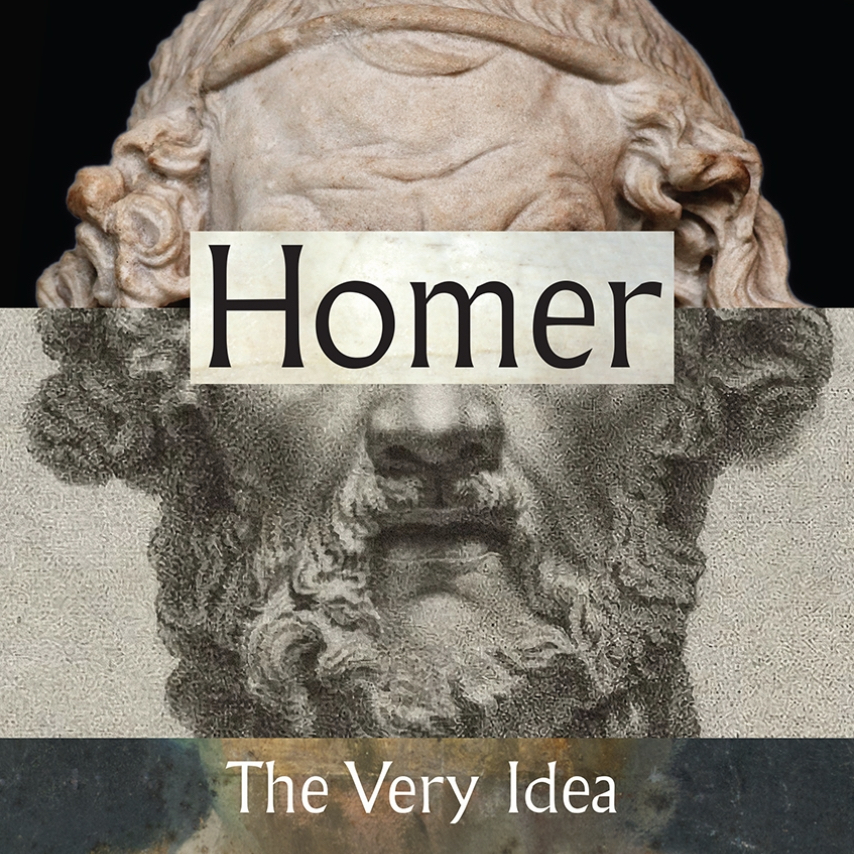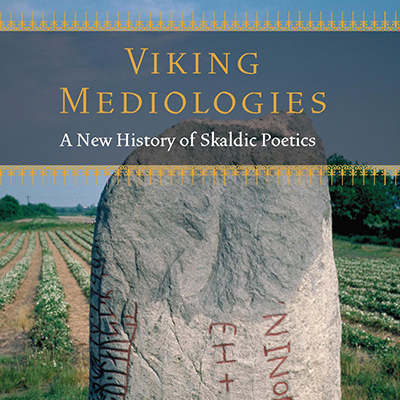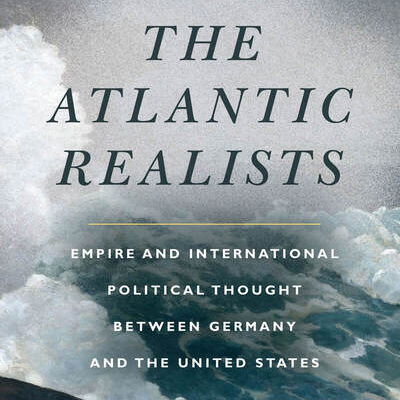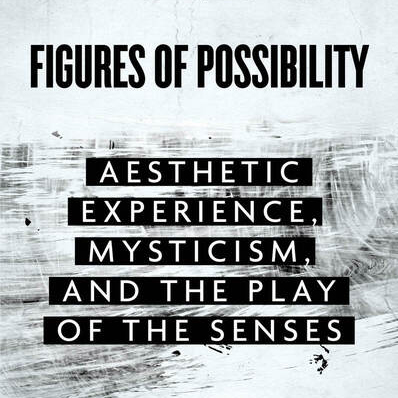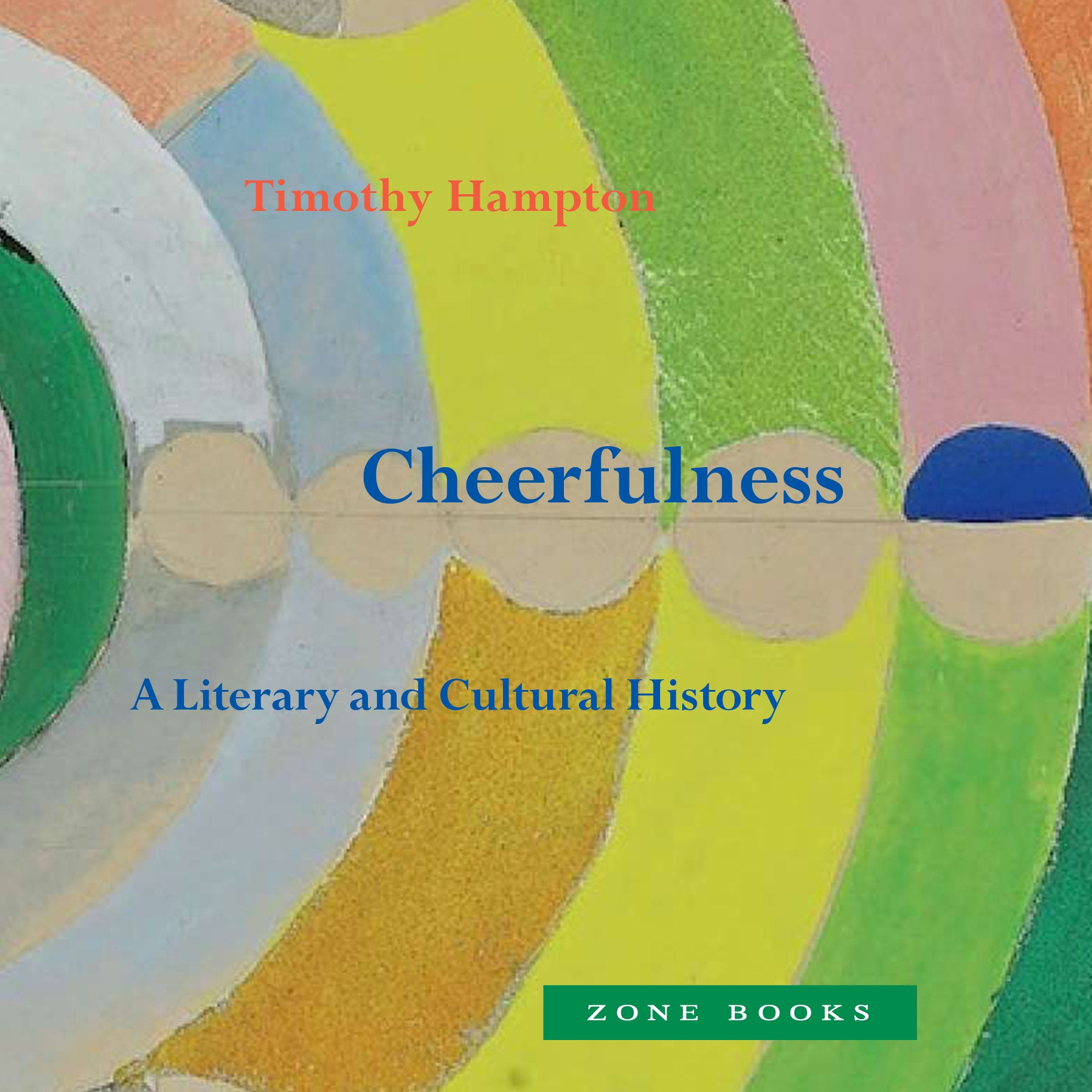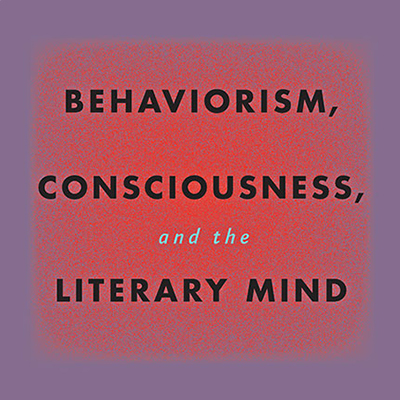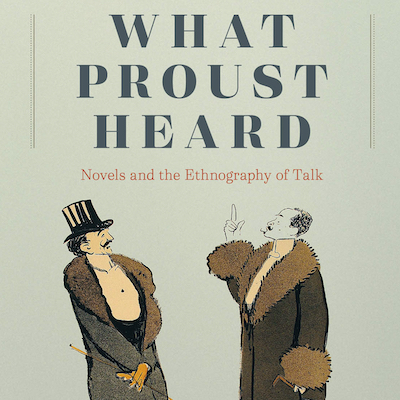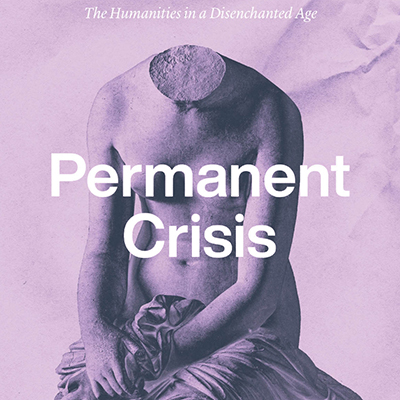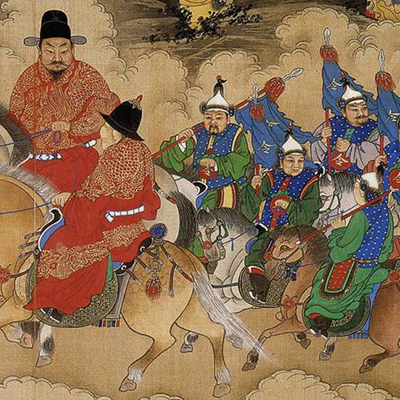Cultural Heritage in China as Endangered Species?
In contemporary China, the concept of cultural heritage encompasses a range of political and economic considerations. Panelists ask who benefits from the policies and politics of heritage.
The identity of Homer is shrouded in mystery, including doubts that he was an actual person. James Porter explores Homer’s mystique, approaching the poet not as a man, but as a cultural invention.
Kate Heslop approaches Viking Age poetry through an innovative interpretive framework that considers the texts as pieces in a premodern multimedia landscape.
The Atlantic Realists: Empire and International Political Thought between Germany and the United States
Matthew Specter offers a revisionist interpretation of the "realist" worldview, which shaped US foreign policy, public discourse, and international relations theory after World War II and throughout the Cold War.
Figures of Possibility: Aesthetic Experience, Mysticism, and the Play of the Senses
Niklaus Largier explores the ways in which devotional practices have informed experimental engagements in literature and art from the 17th to the 20th centuries.
Exploring cheerfulness as a theme and structuring element in the work of major artists, Timothy Hampton (Comparative Literature and French) casts new light on literary history, the intersections of culture and psychology, and the history of emotions.
What might behaviorism, that debunked school of psychology, tell us about literature? Joshua Gang argues for its enormous critical value for thinking about why language is so good at creating illusions of mental life.
What happens when we talk? Michael Lucey offers a linguistic anthropological analysis of Proust’s In Search of Lost Time.
Permanent Crisis: The Humanities in a Disenchanted Age
The humanities, underfunded and popularly devalued, seem to be in a perpetual state of crisis. Paul Reitter and Chad Wellmon show how the modern humanistic disciplines made crisis a core part of their project.
The Invention of Humanity, East and West
Li Wai-yee and Siep Stuurman explore the Eastern and Western roots of the notion that all the world’s inhabitants — regardless of ethnic origin, native place, or status — constitute a single human community.
